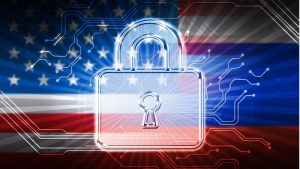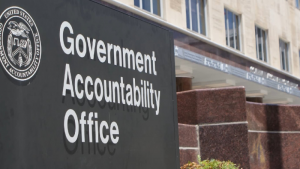Following a Feb. 8 ransomware attack, Oakland, Calif., is still working to secure its infrastructure and restore government services.
Through a new grant program, Massachusetts will train 50,000 employees from 177 municipalities and public school districts with cybersecurity training to better detect and avoid cyber threats.
The Government Accountability Office (GAO) released its third report in a series of four that lay out the main cybersecurity areas the Federal government needs to urgently address.
Florida Governor Ron DeSantis’ newly proposed budget recommendations include a significant investment in cybersecurity and IT infrastructure statewide.
Top officials from the National Association of State Chief Information Officers (NASCIO) and the Public Technology Institute (PTI) forecast the big trends in state and local government (SLG) technology for 2023 at a Jan. 19 NASCIO event, with workforce demands and the status of Federally-funded cybersecurity grants high on the agenda.
In honor of Data Privacy Week, New York Gov. Kathy Hochul announced steps New Yorkers can take to safeguard themselves from having their personal data compromised online.
The Cybersecurity and Infrastructure Security Agency (CISA) has released a new report and toolkit for K-12 institutions to help them better protect against cybersecurity threats.
New Jersey Governor Phil Murphy has issued a cybersecurity directive prohibiting the use of high-risk software and services – including TikTok – on devices provided or managed by the state.
New York Governor Kathy Hochul announced $35.2 million in new funding to support cybersecurity enhancements statewide, including the expansion of shared services to local governments that help identify security gaps that could be exploited by an adversary.
The latest annual survey of local and county government tech leaders by the Public Technology Institute (PTI) shows continued need for funding, talent, and leadership engagement to boost government cybersecurity efforts.











